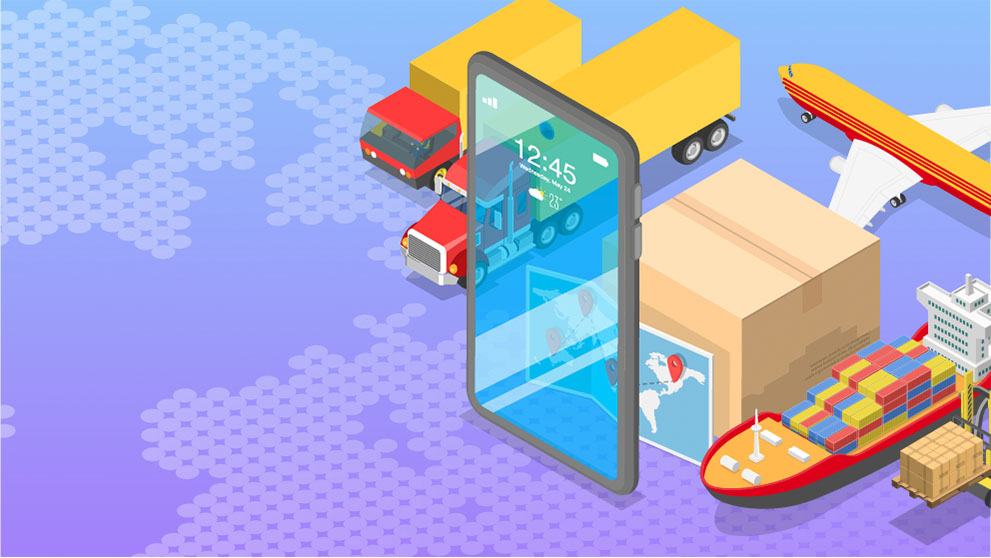South Africans pick up new habits and desires from the internet these days, and businesses need to keep up. Companies must keep exploring trends and having fresh ideas to stay ahead of the curve. One powerful approach to achieving this is by embracing omnichannel retailing.
Picture this: you step into your favourite neighbourhood store, and the attendant greets you by name, recalling your past purchases. The next day, a personalised email lands in your inbox, showcasing new arrivals tailored to your style. When you shop online, your in-store preferences are seamlessly remembered. This is the magic of a well-executed omnichannel strategy – a crucial approach for South African businesses to thrive in today's competitive retail landscape.
At its core, omnichannel retailing is about creating a unified, cohesive customer experience across all touchpoints – from physical stores to social media, email, and online platforms. This integrated approach is vital for building customer loyalty, driving engagement, and boosting sales. But, there's no one-size-fits-all solution. South African retailers must navigate unique challenges, including varying levels of digital access and diverse customer preferences, to succeed.

The Building Blocks of Omnichannel Success
Integration and Consistency: Omnichannel retailing hinges on seamless integration. All customer interactions, from in-store service to online shopping, must be connected, ensuring consistent messaging and service. By investing in technologies that unify customer data, retailers can build a 360-degree view of their customers, fostering trust and loyalty.
Personalisation: Leveraging customer data is key to delivering personalised experiences that resonate with individual preferences and behaviours. Through data analytics, businesses can tailor product recommendations, promotions, and communication, driving engagement and conversion.
Leveraging Technology: Technology is the backbone of omnichannel strategies. Advanced CRM systems, inventory management solutions, and data analytics tools are essential for integrating and managing different channels. Investing in robust IT infrastructure supports real-time data synchronisation and provides actionable insights.
Training and Development: Employees are the frontline of any omnichannel strategy. Comprehensive training programs that enhance digital literacy and customer service skills equip staff to deliver a seamless, consistent experience across all channels.
Measuring Success: Continuous measurement and analysis are vital to refine and improve an omnichannel strategy. By monitoring KPIs like customer satisfaction, retention, and sales growth, businesses can identify strengths, areas for improvement, and respond agilely to market changes.
Customer Engagement: Omnichannel is about meeting customers where they are. Retailers must engage with customers across multiple channels – social media, email, mobile apps – and implement tools like live chat and chatbots to provide immediate assistance.

South African Brands Leading the Way
Several homegrown brands have successfully embraced omnichannel retailing:
Woolworths: The retail giant has masterfully merged its physical stores with its online presence, creating a unified shopping experience. Through data analytics and customer feedback, Woolworths delivers personalised experiences, fostering loyalty and engagement (CIO).
Clicks: The pharmacy, health, and beauty retailer has effectively leveraged omnichannel strategies to enhance customer convenience. Their online platform complements physical stores, providing a consistent, personalised experience.
Nedbank: In the financial sector, Nedbank has adopted an omnichannel approach to improve customer experience, integrating digital banking with in-branch services for a cohesive, customer-centric model.
TFG (The Foschini Group): This leading fashion and lifestyle retail group has successfully implemented an omnichannel strategy across its 3,000+ stores and 29 brands across Africa, the UK, and Australia (Mucho).
- Vodacom: The telecommunications provider has harnessed omnichannel technology to bind customer journeys together within one consistent experience, supporting seamless interactions across touchpoints (Genesys).
Expanding Your Reach with DHL
As you grow your omnichannel presence, partnering with a reliable logistics provider like DHL is key to reaching more customers efficiently. DHL offers tailored solutions, competitive rates, and a robust network that supports international expansion. With a business account, you can tap into their expertise, streamlining shipping and logistics as you enter new markets like Nigeria.
Conclusion
Adopting an omnichannel strategy requires a thoughtful, tailored approach that understands the unique nuances of the South African market. By focusing on integration, personalisation, customer engagement, technology, and continuous improvement, businesses can create a seamless, satisfying customer experience that sets them apart in today's competitive landscape. The future of retail is omnichannel – is your business ready to thrive?
- https://www.zawya.com/en/world/africa/omnichannel-strategies-one-size-does-not-fit-all-in-south-african-retail-pj6s5wjz
- https://clevertap.com/blog/omnichannel-marketing/
- https://www.bizcommunity.com/Article/196/423/237782.html
- https://www.bizcommunity.com/Article/196/394/239713.html
- https://www.intelligentcxo.com/2023/11/09/south-african-financial-institutions-adopt-omnichannel-strategies-to-retain-customers-and-redefine-cx/
- https://www.unitygroup.com/blog/maximizing-customer-engagement-proven-omnichannel-solutions-for-todays-businesses/















